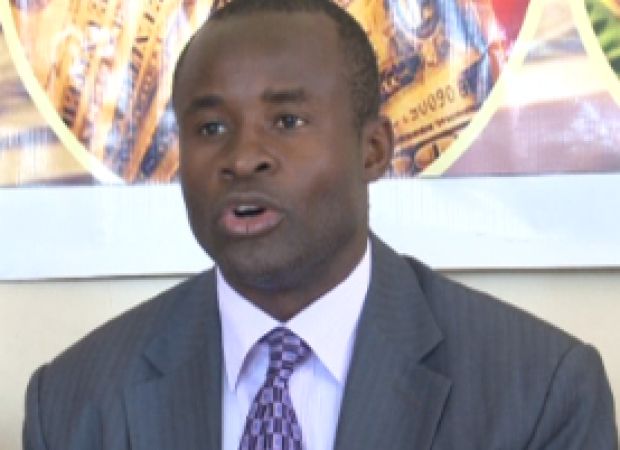John Manzongo At the Workplace
A motivated workforce is highly productive.
When one is motivated he or she is pushed, propelled and energised to continue even when he or she is tired and drained.
In the tough economic times that we are living in these days where the economy is not performing to expectations, there is great need for employers to incentivise their workers in various forms. Many workers nowadays are just doing work because they want to earn a salary at the end and end up doing work for the sake of it.
Many companies cannot afford regular pay rises especially where prices of goods and services have remained relatively static for a long period.
Research has shown that in the earliest days that one is employed he or she is so much motivated by the amount of money they will be getting as salary and allowances. As times goes on, however, the worker starts craving for other things such as promotions.
It is necessary that companies continuously look at ways to promote workers so that they are always looking forward to getting to the next level in their careers. Being stagnant at the same level or position at work for a long time ends up boring and workers start losing interest in their work as it becomes routine.
It is a fact that the whole company cannot be composed of seniors or bosses as there will not be anyone who will work. This is where non-monetary incentives come in place just to rejuvenate workers. Poorly motivated workers produce sub-standard work, workplace theft and diversion from proper work ethics will also be the order of the day.
Many companies are mainly concerned about getting positive results from their workers without minding to know what workers expect from the company. There is need for feedback forums or channels between employers and workers.
There are various forms of incentives that companies can come up with such as exemplary service awards, profit sharing, hard workers awards, and encouraging comments from employers. Housing and car loans are also great motivators to workers and of course they should be done according to one’s grade or rank. Service awards play a critical role in motivating workers as workers will feel that they are contributing something to the well being of the company, they will fight nail and tooth to stand up for the company’s cause even when outsiders would be castigating it. Service awards give workers a sense of belonging.
Workers are just used to competing for externally organised merit awards where outsiders recognise their efforts yet internally there is no such recognition. This de-motivates workers: recognition must begin at home.
The issue of profit sharing is always a bone of contention at work, rarely do companies publicly declare profits but losses always make up the loudest noises signalling to workers that all is not well.
No one really likes to be associated with a losing team or non performing company. It is every worker’s dream to work for the best media house, airline, transport, telecommunications, bank, shop etc. Leaders need to know how best to relate to their juniors as many times bosses keep quiet when things are fine and only become vocal when the worker messes up, this if the truth be told greatly de-motivates workers.
It is always good to congratulate juniors when they do well and reprimand them when they perform badly; this is fair play. Many times you hear bosses saying “management is not happy at all about your performance, pull up your socks or ship out”.
This phrase is always said at the workplace but when workers perform employers keep quiet or they just say, “Well tried, you can do better than this”.
This is not encouraging at all it actually makes the worker feel so small and useless. Priority allocation of meagre resources is also another critical area that employers need to work on.
Sometimes a worker would so much want to work but then is let down by lack of resources. An example could be a television station where reporters, presenters and camera persons report for work on time but then there is only one camera which they all must share.
It de-motivates them automatically especially at the same time when the company is prioritising buying luxury cars for its managers at the expense of cameras which are not even expensive. Sometimes the company under-funds the core departments and over-funds the non-core departments and when they make losses they put the blame on workers.
In some instances workers at non-core areas or departments get car or housing loans or other when the critical staff wallows in want.
Imagine it: a whole professional with loads of experience walking home while a junior secretary at the company’s headquarters driving home in a posh car! Work, work and no play ends up boring, there is need for companies to fund or establish entertainment activities for their workers or even routine mid week sporting activities, something which workers will look forward to.
What is common is that only bosses are awarded such privileges when they are given entertainment allowances, sporting subscriptions fully paid for by the company while forgetting lowly ranked workers who are making the company sustain such luxuries.
Even junior ranks are human beings who deserve all those although they can be inferior activities, it will greatly motivate them. Entertainment or sporting also enables workers from various departments to interact and know each other because many times workers from the same company do not seem to know each other.
Towards year-end many companies always host parties for their workers where they are not allowed to bring their families.
This initiative is incomplete and a mockery when after the lavish party the worker has to go back to his humble, hungry home. Companies should consider buying food hampers for their workers in addition to the parties.
johnmanzong@gmail.com

















